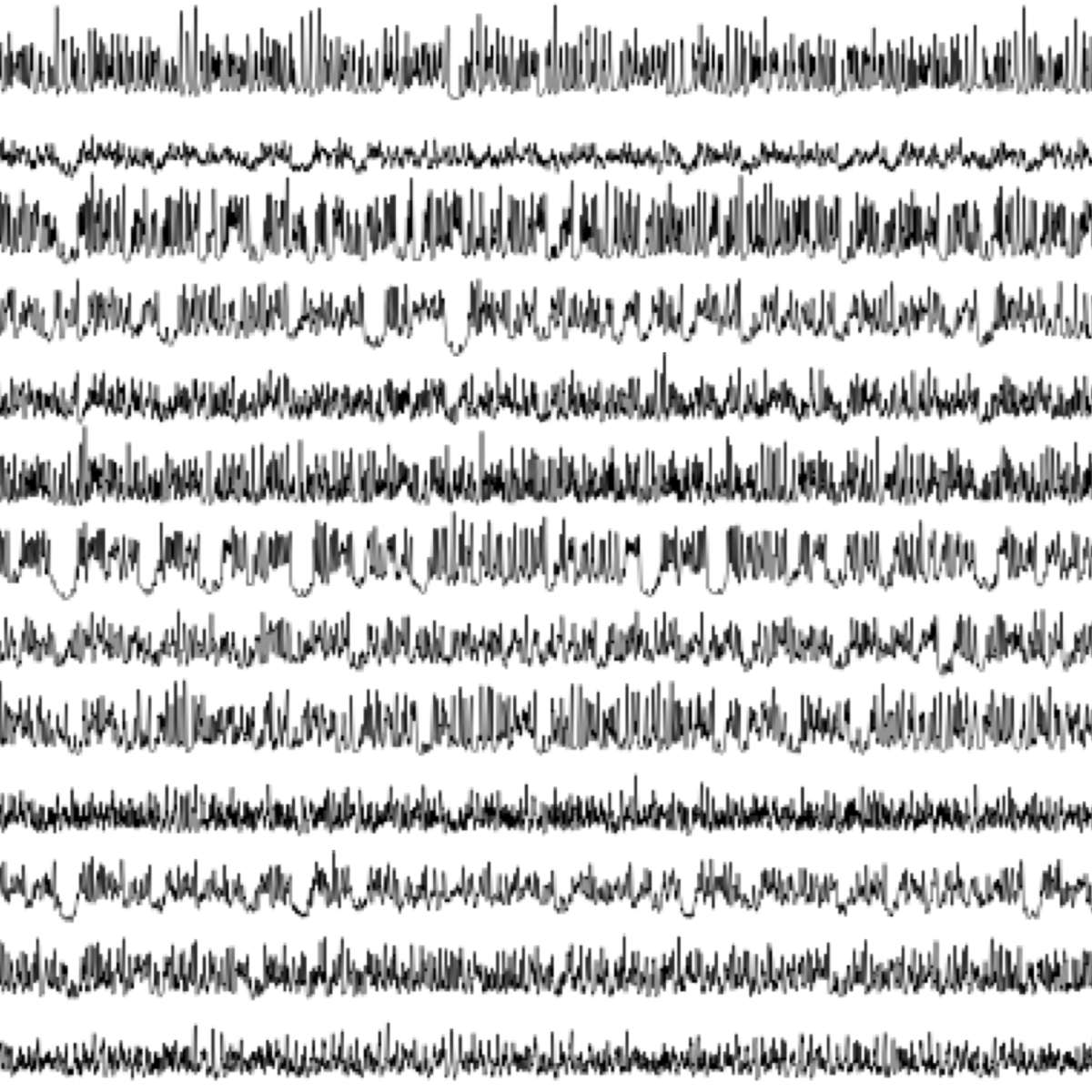Chimera states and seizures in a mouse neuronal model
H. M. Mitchell, P. S. Dodds, J. M. Mahoney, and C. M. Danforth
International Journal of Bifurcation and Chaos, 30, 2050256, 2020

Times cited: 17
Abstract:
Chimera states—the coexistence of synchrony and asynchrony in a nonlocally-coupled network of identical oscillators—are often used as a model framework for epileptic seizures. Here, we explore the dynamics of chimera states in a network of modified Hindmarsh-Rose neurons, configured to reflect the graph of the mesoscale mouse connectome. Our model produces superficially epileptiform activity converging on persistent chimera states in a large region of a two-parameter space governing connections (a) between subcortices within a cortex and (b) between cortices. Our findings contribute to a growing body of literature suggesting mathematical models can qualitatively reproduce epileptic seizure dynamics.
- This is the default HTML.
- You can replace it with your own.
- Include your own code without the HTML, Head, or Body tags.
BibTeX:
@misc{mitchell2019a,
author = {Mitchell, Henry M. and Dodds, Peter Sheridan and Mahoney, J. Matthew and Danforth, Christopher M.},
title = {Chimera states and seizures in a mouse neuronal model},
year = {2019},
note = {Available online at \href{https://arxiv.org/abs/1908.07039}{https://arxiv.org/abs/1908.07039}},
}